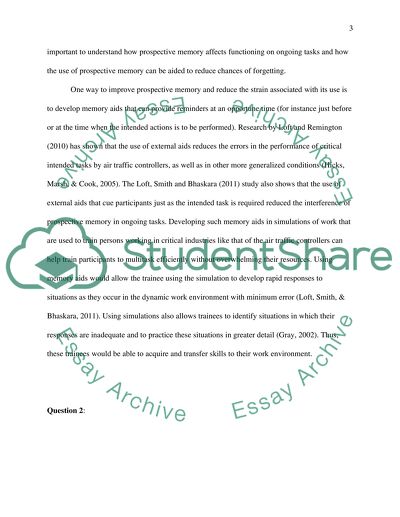Cite this document
(“Research report Paper Example | Topics and Well Written Essays - 1750 words - 1”, n.d.)
Research report Paper Example | Topics and Well Written Essays - 1750 words - 1. Retrieved from https://studentshare.org/psychology/1458114-research-report
Research report Paper Example | Topics and Well Written Essays - 1750 words - 1. Retrieved from https://studentshare.org/psychology/1458114-research-report
(Research Report Paper Example | Topics and Well Written Essays - 1750 Words - 1)
Research Report Paper Example | Topics and Well Written Essays - 1750 Words - 1. https://studentshare.org/psychology/1458114-research-report.
Research Report Paper Example | Topics and Well Written Essays - 1750 Words - 1. https://studentshare.org/psychology/1458114-research-report.
“Research Report Paper Example | Topics and Well Written Essays - 1750 Words - 1”, n.d. https://studentshare.org/psychology/1458114-research-report.


